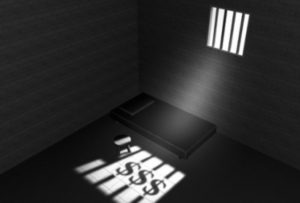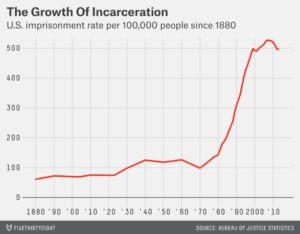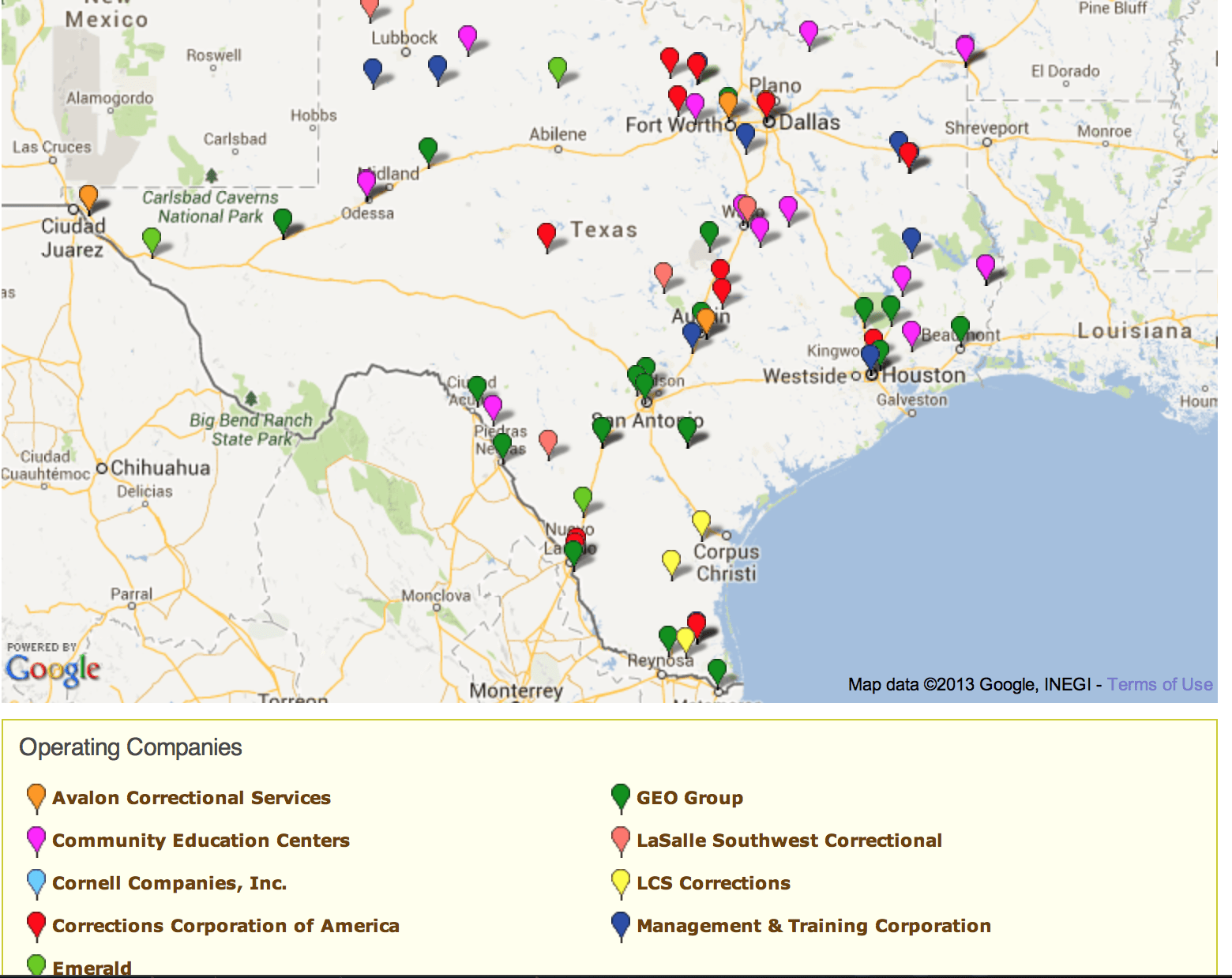
At just 150 pounds, it was hardly fair to pit Ricardo Palikiko Garcia against an opponent well over twice his size. But Garcia had to fight him — or else he’d allegedly face torture.
Like the gladiators of old, Garcia and others were forced into pugilistic matches, local authorities said. Four sheriff’s deputies then placed bets on their bouts.
“Deputy’s betting against me and forcing me to fight and if I don’t fight, then he’s basically telling me that he was going to beat me up, cuff me, Tase me all at once,” Garcia said in an audio recording.
Investigators fear the fights may have gone on for a while. For Garcia, there was a lead-up. Deputies forced him to do pushups to train for fights.
– From the CNN article: Inmates Forced Like Gladiators to Fight as Deputies Took Bets
You know something’s just not right in your culture when you see a headline about prisoners engaging in gladiatorial combat while incarcerated, and the first thing that comes to your mind is, “this reminds me of a similar story from last year.”
Indeed, all it took was a quick search and I uncovered an article I wrote last March ago titled, FBI Launches Investigation into a Private Prison So Violent it is Called “Gladiator School,” which noted that:
Donate bitcoins: 35DBUbbAQHTqbDaAc5mAaN6BqwA2AxuE7G
Follow me on Twitter.





